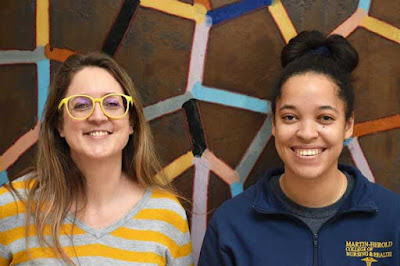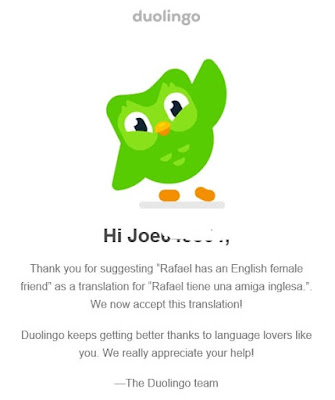 |
| The magical family from "Encanto." Image from Disney.com. |
Maybe it’s just me. I’m enchanted with the Disney movie “Encanto,” and, no, I know that’s not just me, as the film seems pretty popular.
What’s just me is that I think it could be taken as being about the COVID-19 pandemic, in a way. Spoiler alert--if you have not seen "Encanto," you may want to stop and go watch it before proceeding to the rest of this blog post.
Think of one of the many popular songs from that film, “We Don’t Talk about Bruno.”
Tio Bruno in the movie gets an unfair bad reputation because he has visions of the future, and when those visions are sad (a goldfish dies), the people blame Bruno. Yet, it’s pretty clear, Bruno didn’t kill the goldfish, nor did his vision. He just saw it and reported it.
Kind of like Dr. Anthony Fauci. The long-time leader of a federal agency called the National Institute of Allergy and Infectious Diseases, Dr. Fauci has been blamed, these past two years, for things he has said about the pandemic.
 |
| NIAID image of Dr. Anthony Fauci. |
But the good doctor didn’t create the virus. And the tough advice he’s given isn’t some mad power grab, rather attempts to keep us safe.
Thankfully, unlike Bruno in the movie, he hasn’t hidden himself in the walls.
The analogy doesn’t completely hold, I know. Yet the movie characters couldn’t face reality and thus shunned Bruno.
Encanto is an enchanting tale for lots of reasons. For one things, it’s a Disney story where the witches aren’t evil, but blessed by a life-affirming miracle. The characters are in conflict due to difficult family dynamics and a troubled history—not because they are fundamentally evil. They are just normal people, trying their best.
And sometimes being crushed by the weight of their burdens. Yup, loved the song by the strong older sister, too. And yes, I feel like the pandemic is sometimes like the pressure source, too.
And the movie ends with our lead character, one of only two members of a magical family who has no powers, somehow restoring power to the full family.
Because she reconciled with her grandmother. The other not-magical person. In the family of magic, the two most pivotal characters, the true leaders, are the ordinary women who hold the rest together.
Well, great. We will somehow, I hope, learn as a culture to rebuild what has become broken. And maybe learn to let Dr. Tony back in, too.






